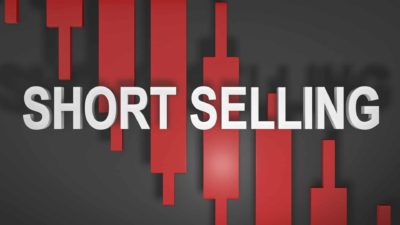As much as I'd love to own shares in Australia's oldest and largest airline, Qantas Airways Limited (ASX: QAN) and Australia's second largest airline, Virgin Australia Holdings Ltd (ASX: VAH); I have some fundamental issues with these companies at the moment.
Airlines are capital intensive businesses
It is not cheap to run an airline. Consider the cost associated with purchasing and maintaining hundreds of state of the art airplanes and the massive quantities of jet fuel that is required daily to fly these planes; not to mention the other inherent costs of doing business, such as employing thousands of workers to enable these labour intensive businesses to operate.
In FY18 Qantas had capital expenditure of $1.97 billion, while Virgin Australia had $547 million of capital expenditure. These extensive investments into capital, as well as the other inherent day to day costs of operating, drags on the profitability of airlines. In FY18 Qantas generated a net profit before abnormals of $980 million from $16,628 million of revenue, reflecting a net profit margin of 6.9%; while Virgin Australia generated a loss before abnormals of $363 million from $5,417 million of revenue.
The narrow margins at which airlines operate worry me as an investor. A relatively minor change in business conditions or unexpected capital expenditure requirements in future years could make all the difference between the company reporting a solid profit and making a loss, therefore, weighing heavily on the free cash flows that are distributed to me as an investor in the form of dividends or otherwise.
The air transportation industry is highly competitive
The air transportation industry has also become increasingly competitive, which has forced airlines to either differentiate their offering from their competitors or compete on the basis of price. This is a major challenge for airlines as transportation has become somewhat of a fungible commodity for consumers, who generally only care about getting from 'point A to point B', without giving much attention to the quality of service.
This has made it difficult for airlines to differentiate their service on anything other than price, in my opinion creating a 'race to the bottom', which has led to aggressive price discounting in many cases and has arguably eroded the overall profitability of the air transportation industry.
The crude oil price
The price of jet fuel is one of the biggest –and most unavoidable – expenses that airlines like Qantas and Virgin Australia incur in their everyday operations. In FY18 Qantas spent $3.2 billion on jet fuel, while Virgin Australia spent $986 million. It is unfortunate that such a major expense item is a necessity for airlines to do business, especially as the crude oil price continues to rise globally and as a result, so does the cost of jet fuel.
Brent crude oil currently costs around US$85 a barrel and leading economists believe it could easily reach the US$100 mark over the next couple of years. This could have a significant negative impact on the profit margins of Qantas and Virgin Australia over the coming years.
Foolish takeaway
In my opinion, the air transportation industry is far too competitive and capital intensive to see long-term value as an investor, with many airlines losing money faster than they fly.
That is not to say you can't make great returns by investing in Qantas or Virgin Australia; but for me, from the perspective of investing being owning part of a business, there are too many underlying issues with their business models. Instead, to gain exposure to the air travel industry, I would take a look at Flight Centre Travel Group Ltd (ASX: FLT) and Webjet Limited (ASX: WEB).








